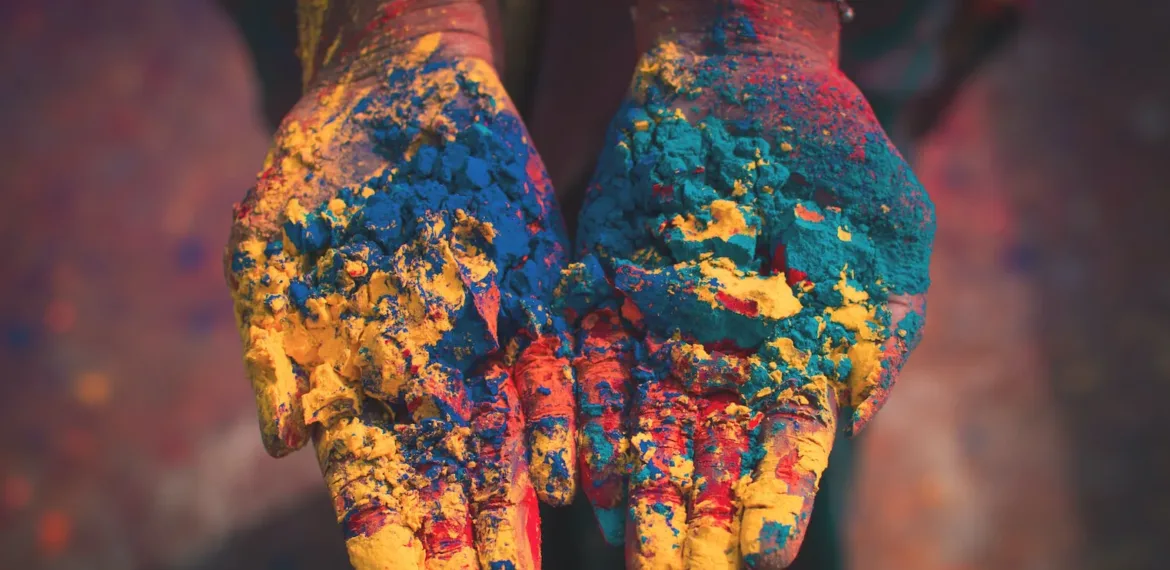“Discover North Macedonia’s rich cultural heritage and avoid cultural missteps during your travels.”
ROAMOPEDIA
North Macedonia's Culture
Exploring North Macedonia: Understanding the Traditions, Customs, Language, and Etiquette for a Richer Travel Experience

- Home
- /
- Country
- /
- North Macedonia
- / Exploring North Macedonia: Understanding the Traditions, Customs, Language, and Etiquette for a Richer Travel Experience
Related
All related contents.
Related Posts
Discover the vibrant past of Skopje’s Old Bazaar, where East meets West in architectural splendor.
Discover the beauty of North Macedonia through the ancient marvels of Ohrid.
North Macedonia Bitola: Where Ottoman and European architecture meet.

Exploring the Beauty of North Macedonia: Travel Highlights
North Macedonia: Explore the beauty of Ohrid and its stunning surroundings.
Discover the ancient beauty of North Macedonia at Samuel’s Fortress and Lake Ohrid.
Discover the natural beauty and rich history of North Macedonia’s Struga.
Discover the beauty of North Macedonia’s peaceful Berovo, where nature and tradition meet.
Discover the rich history of North Macedonia at the stunning Heraclea Lyncestis.
Discover the rich history and breathtaking views of North Macedonia’s Prilep at Marko’s Towers.
Discover North Macedonia’s gems – from picturesque Lake Ohrid to ancient architectural wonders.
Discover the charm of North Macedonia through the vibrant sights of Skopje’s Macedonia Square.
Discover the natural beauty of North Macedonia at the stunning Smolare Waterfall in Strumica.
Discover the roots of a global icon at the Mother Teresa Memorial House in Skopje, North Macedonia.
Discover the ancient wonders of North Macedonia at Kokino Observatory.
Explore the rich culture and thrilling adventures of Krushevo, North Macedonia
Prilep: Where nature and history combine for an unforgettable experience
Discover the timeless beauty of Kratovo’s historic stone bridges.
North Macedonia: Where the past meets the present at Bay of the Bones Museum.
Discover the rich history and breathtaking views of North Macedonia from the top of Millennium Cross in Skopje.
Discover the wonders of Lake Ohrid at Dr. Nikola Nezlobinski Museum in Struga, North Macedonia.
Discover the natural beauty of North Macedonia in Mavrovo National Park.
Discover the beauty of North Macedonia’s capital city, Skopje – where history and architecture meet.
- Print
- Share
- +-Font Size